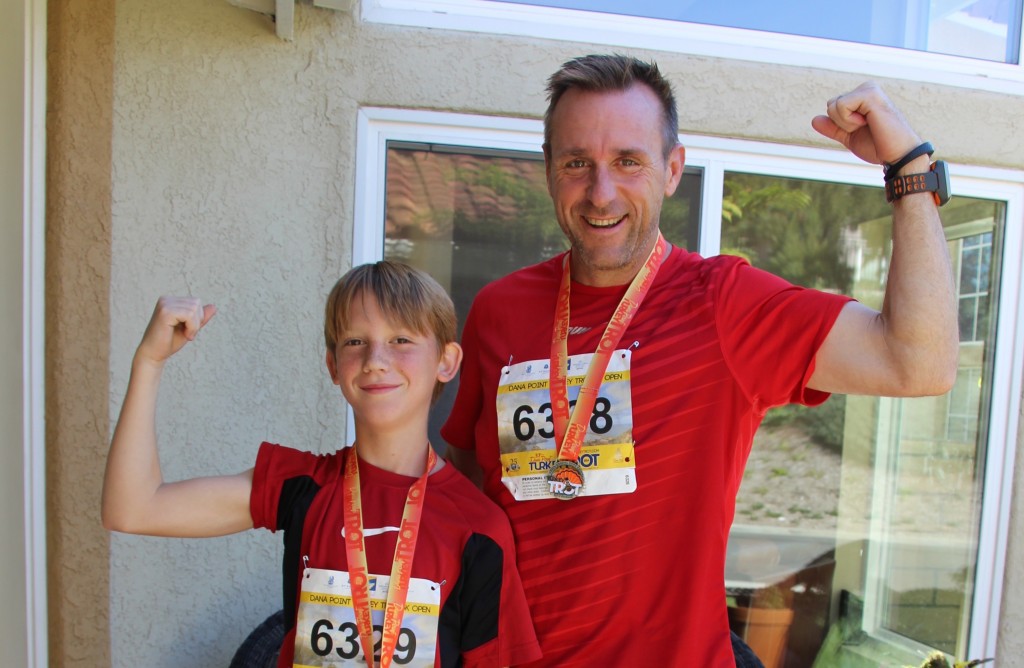Last week on a hot, sunny, dry day, I took a four-mile trail run with my 12-year-old son. Jackson is a cross-country runner and runs sub 7-minute miles. Because of the heat we were both more tired than normal during the last couple of miles. Rather than walking or stopping to rest, however, we finished the run by employing a technique that allowed us to continue and finish strong. Every couple of minutes we dramatically slowed our pace, allowing us to recuperate on the run. We finished the run without stopping.
I learned this “resting on the run” training technique several years ago when training for a half-marathon. To rest on the run means to slow my pace so I can rest while still continuing to run. Even when I feel tired enough to stop and lay down on the trail, resting on the run is enough to allow me to finish the race. These short interludes of pace change allow me to rest and then continue with renewed energy.
Resting on the run is an essential skill for a busy leader. Resting on the run allows you to recharge even in the busiest of seasons. Resting on the run applies when you are in need of rest but see no possible way to take an extended vacation. I am all for vacations. I just finished a two-week vacation in San Diego at the beach. In fact, I have previously written here the vacation strategy that I recommend.
But perhaps more important than a vacation is the need for a leader to learn to rest on the run. It seems like everyone was on Sabbatical this past summer. I took a Sabbatical three years ago that was life-changing. But Vacations and Sabbatical cannot be your only strategy for rest. Working yourself to exhaustion and then sleeping for seven days is not a healthy way to live life. In one of my favorite quotes, Seth Godin says, “Instead of taking a vacation, create a life that you don’t need to take a vacation from.” Don’t work yourself into exhaustion. Rest on the run.

What does Resting on the Run look like in real life?
- Take 4 hours off every evening and disconnect from work.
- Take a day away weekly and go to the mountains or the beach or spend the whole day with your family.
- Take a long weekend once per month and don’t work.
- Pastors, don’t preach more than 40 times per year.
- After a 15 hour day, stay home the next morning until noon and spend some time with your family.
- Don’t check email or return work texts on your day off.
- Find a hobby that is life-giving and do it regularly.
Vacations are helpful and recommended, but learning to rest on the run may be even more valuable.


